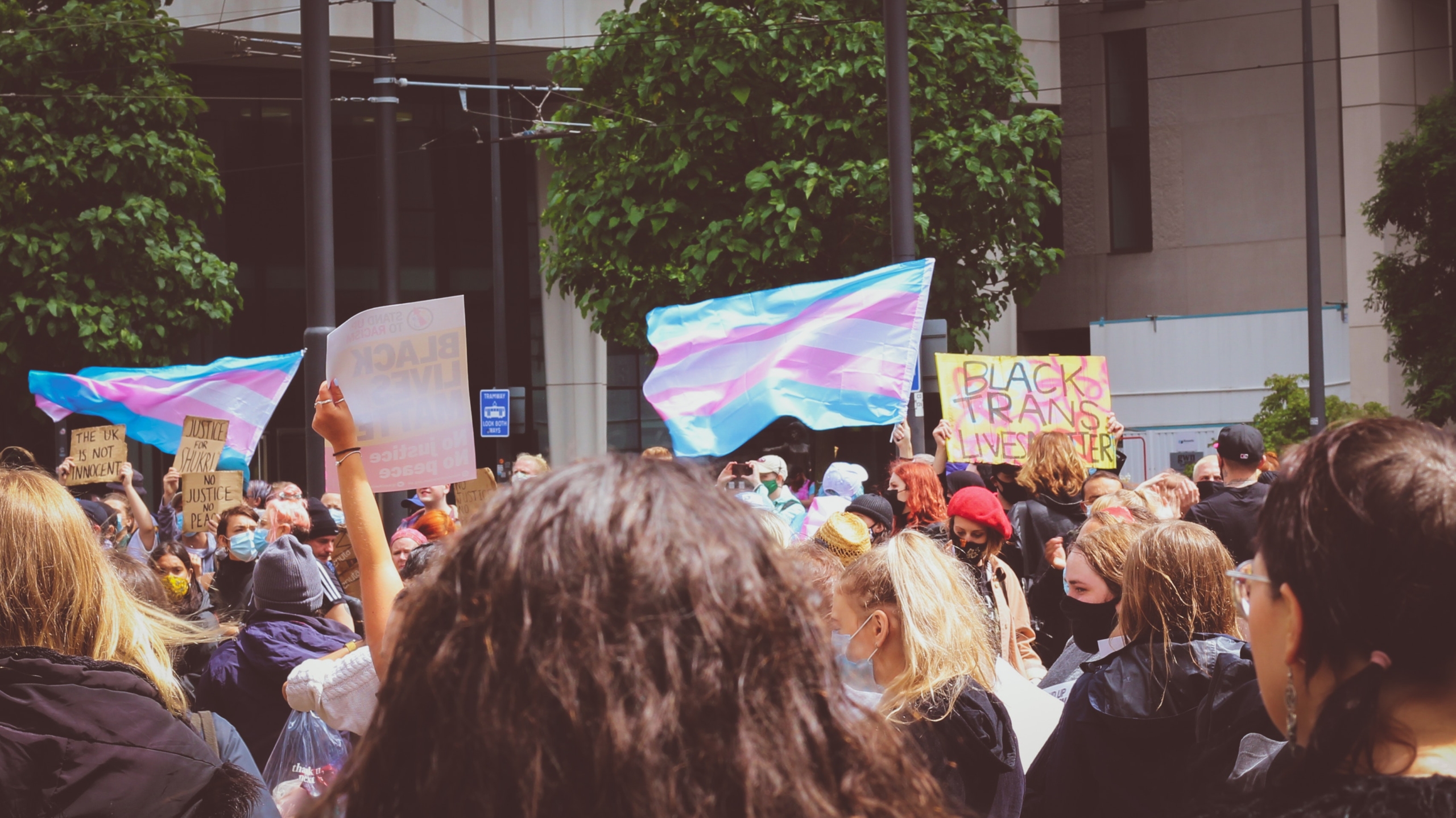
In the spirit of Transgender Day of Visibility on March 31, Amnesty International and Iranti collaborated on a social media campaign, Trans Love Letters, centered around promoting knowledge, respect, love, and family shared through stories from transgender and gender-diverse people.
Iranti is a Johannesburg-based regional human rights company, using multimedia storytelling, research, and advocacy to champion the human rights of Lesbian, Trans, Non-Linear, and Intersex people.
International Transgender Day of Visibility (TDOV) is observed by Iranti and Amnesty International in collaboration with other organizations. It’s a time to honor transgender and gender-diverse individuals while raising awareness and drawing attention to the difficulties, hardships, and discrimination transgender and gender-diverse people still face.
Under the theme Trans Love Letters, this is a moment for everyone to pause and reflect on the importance of promoting greater understanding, inclusivity, respect, love, and acceptance of trans and gender-diverse persons. This is an opportunity to raise awareness of the work that still needs to be done to achieve trans justice around the world while we celebrate the accomplishments of transgender and gender-diverse people.
The Universal Declaration of Human Rights (UDHR) recognizes the inherent dignity, equal, and inalienable rights of all people as the foundation of freedom, justice, and peace in the world. However, globally, trans and gender-diverse persons are facing an assault on their rights propelled by increasingly influential anti-rights and anti-gender movements whose aim is to foster hate and exclusion while promoting societal norms that pressure people to conform to patriarchal, cisnormativity, heteronormativity, and cisgender stereotypical gender roles.
Trans or gender-diverse persons face diverse experiences, their lives are often characterized by deep-rooted structural marginalization and high rates of discrimination, poverty, harassment, violence, and exclusion manifested in their daily lives. The inability to express their gender identities and the deeply ingrained social norms, harmful gender stereotypes, and, in most countries, discriminatory legislation all serve to keep trans and gender-diverse people invisible and unable to reach their full potential. In addition to having access to employment and housing, they are denied access to these laws because they are unaware of the numerous and intertwining forms of discrimination that exist in all of them.
We urge governments to listen to the voices and experiences of trans and gender-diverse people to better understand what visibility means for them and how to promote inclusivity and respect for their human rights. Visibility means different things to different people. This requires efforts from states to combat harmful gender stereotypes that lead to discrimination and inequality, and to ensure that culture and tradition are not used to violate or limit trans and gender-different people’s human rights. States are required to promote, protect, and fulfill all people’s rights and for transgender and gender-diverse people.
Trans and gender-diverse people are our neighbors, parents, children, friends, family members, and coworkers. We urge everyone to unite as advocates for the inclusion and acceptance of trans and gender-diverse people, creating a society that embodies the beauty and strength of human diversity. Understanding each other’s differences and treating them with open hearts and minds will not only honor our shared humanity, but it will also help us all create a more just and equitable world.
Transgender Day of Visibility, a project led by Amnesty International and Iranti, will demonstrate the transformative power of love and acceptance, opening the way for a more egalitarian and inclusive society where trans and gender-diverse people are celebrated, valued, and embraced, according to Amnesty International and Iranti.
Happy International Day of Trans Visibility to all transgender and gender-neutral individuals. Love and Solidarity!



